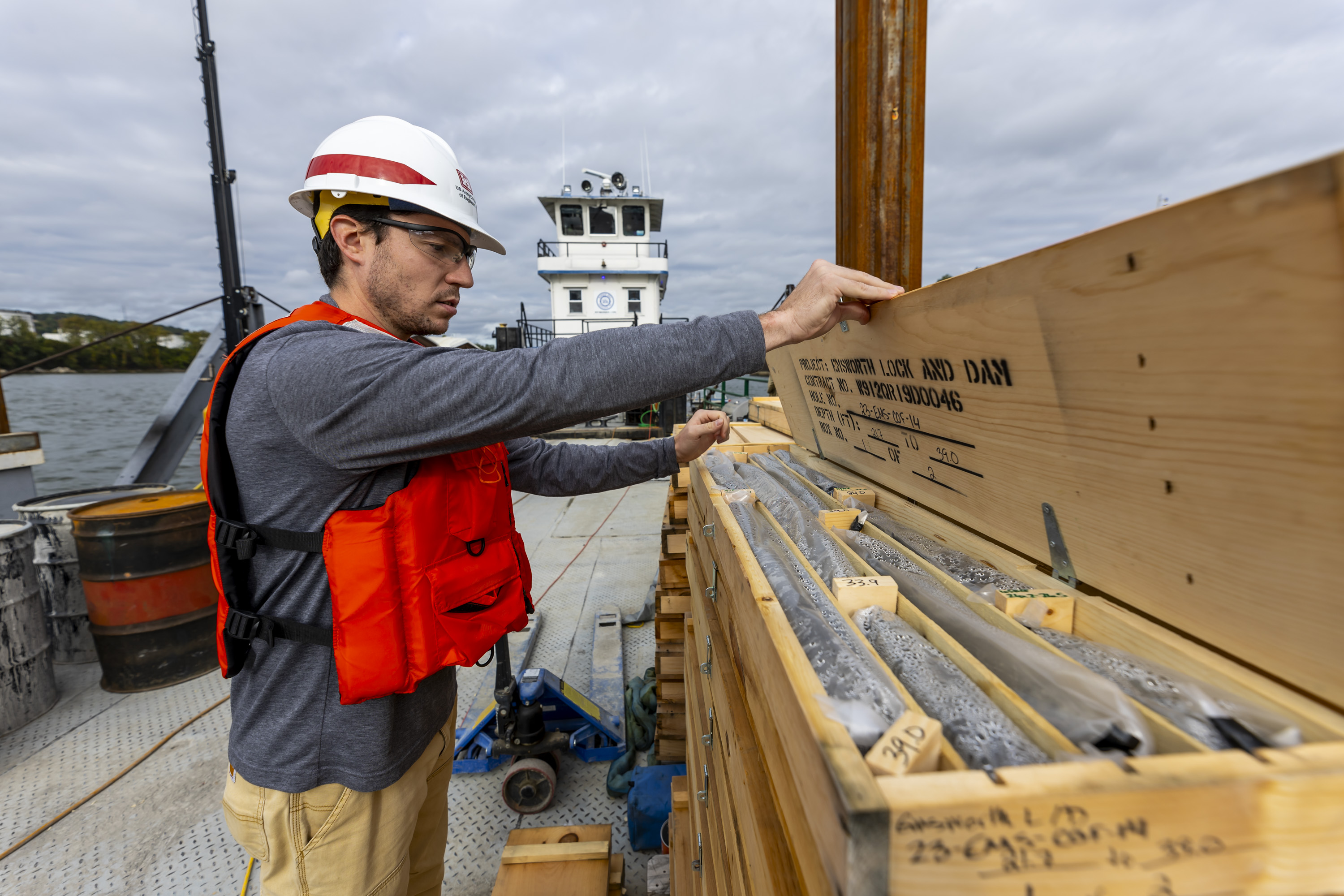A Comprehensive Overview of the Trick Solutions Supplied by Consulting Civil Design Professionals in Modern Building
Consulting civil design specialists are integral to the success of contemporary building tasks, offering a multifaceted collection of solutions that deal with different obstacles. geotechnical engineering in south africa. As the complexity of building tasks continues to develop, understanding the complete range of solutions they supply comes to be progressively necessary for stakeholders.
Site Evaluation and Usefulness Researches
When getting started on any kind of building project, comprehending the website's characteristics is vital, as it directly influences the feasibility and style of the advancement. Site evaluation and usefulness research studies are necessary elements of the pre-construction stage, enabling stakeholders to make informed choices. These research studies involve an extensive assessment of the physical, environmental, and regulatory elements of the website.

By incorporating these aspects, civil engineering specialists can supply a holistic view of the site's stability for the designated development. Ultimately, thorough website evaluations and usefulness research studies lay the groundwork for successful project execution, maximizing and lessening dangers resource allocation.
Architectural Layout and Evaluation
Following a thorough website assessment and feasibility research, the next crucial stage in the building process is architectural design and analysis. This essential service involves the growth of structural systems that make sure the safety and security, longevity, and financial feasibility of a job. Consulting civil engineers make use of sophisticated approaches and software application to review lots, stresses, and product residential properties, ensuring that designs abide by pertinent codes and criteria.
Structural design includes different elements, including beams, columns, structures, and load-bearing wall surfaces. By applying principles of technicians and material science, engineers create frameworks that can stand up to environmental forces such as wind, seismic activity, and snow loads. The evaluation stage involves careful computations to forecast the habits of these frameworks under various conditions, guaranteeing they can perform as meant throughout their life expectancy.
Additionally, seeking advice from engineers team up carefully with designers and various other stakeholders to incorporate architectural elements aesthetically and functionally. The deliverables usually consist of thorough illustrations, requirements, and detailed reports that facilitate the building procedure. Inevitably, efficient structural layout and evaluation are critical in minimizing threats, enhancing resources, and attaining effective job results in modern-day construction.
Project Monitoring and Coordination
Reliable job administration and control are crucial components of effective civil engineering services, ensuring that building tasks are delivered in a timely manner, within budget, and to the needed top quality requirements. Consulting civil designers play an important duty in orchestrating different task aspects, from first preparation with to project completion. This includes not just the technical elements of layout and building however additionally the calculated monitoring of stakeholders, resources, and timelines.

Additionally, civil design consultants stress the value of paperwork and reporting throughout the job index lifecycle - geotechnical engineering in south africa. By maintaining accurate records, they make certain transparency and liability, which cultivates trust amongst all parties included. Ultimately, competent project administration and coordination bring about improved task outcomes, straightening with client expectations and adding to the total success of the building and construction venture
Regulatory Compliance and Permitting
Successful job administration lays the foundation for addressing governing compliance and permitting needs in civil engineering jobs. Ensuring adherence to local, state, and government regulations is crucial for the successful implementation and completion of any kind of building venture. Consulting civil design specialists play an important role in browsing the facility landscape of regulatory structures and permitting procedures.
These specialists are fluent in zoning laws, constructing codes, ecological policies, and security criteria that control building practices. They conduct extensive analyses to recognize all suitable laws, ensuring that projects follow necessary lawful requirements. By collaborating with governmental companies and stakeholders, getting in touch with engineers help with the allowing procedure, streamlining authorizations and reducing delays.
Additionally, they prepare and send the requisite documentation, such as website plans, environmental influence evaluations, and design records. This positive strategy not only fosters compliance but likewise improves project expediency and sustainability. Ultimately, effective regulatory conformity and permitting are important components of an effective civil engineering task, guarding right here both the environment and public welfare while adding to the general integrity and success of building and construction initiatives.
Sustainable Design Practices
Lasting design methods are increasingly recognized as important components in civil design, with a concentrate on reducing ecological impact while making the most of resource efficiency. These practices encompass a variety of strategies intended at promoting environmental balance and minimizing the carbon impact of construction jobs.
One trick element of sustainable style is the assimilation of renewable resource resources, such as solar and wind, into building styles. This not just decreases reliance on nonrenewable fuel sources but additionally improves long-term price savings. Furthermore, making use of lasting products, consisting of recycled or rapidly eco-friendly resources, plays description a considerable duty in reducing waste and preserving all-natural resources.
Water monitoring approaches, such as rain harvesting and reliable watering systems, are additionally essential in lasting design. These techniques assist in minimizing water intake and securing neighborhood water ecological communities. Additionally, eco sensitive website planning ensures marginal disturbance to the natural landscape and promotes biodiversity.
Consulting civil engineering specialists contribute in applying these sustainable style techniques. Their experience permits the implementation of innovative solutions that straighten with both governing needs and client purposes, ultimately adding to a more sustainable developed atmosphere.
Final Thought
In recap, getting in touch with civil design experts provide vital solutions that underpin the success of contemporary construction tasks. With careful site evaluations, ingenious structural design, reliable project monitoring, adherence to regulative requirements, and the execution of sustainable practices, these professionals add to the development of risk-free, effective, and ecologically responsible developments. The combination of these essential solutions not only enhances task outcomes but additionally promotes a sustainable future in the building sector.
Reliable project administration and sychronisation are important parts of effective civil design solutions, ensuring that building projects are provided on time, within budget, and to the needed quality standards. Consulting civil designers play a critical duty in coordinating various project elements, from preliminary planning through to predict conclusion. Ultimately, skillful project management and sychronisation lead to improved task results, lining up with client assumptions and adding to the total success of the building and construction venture.
